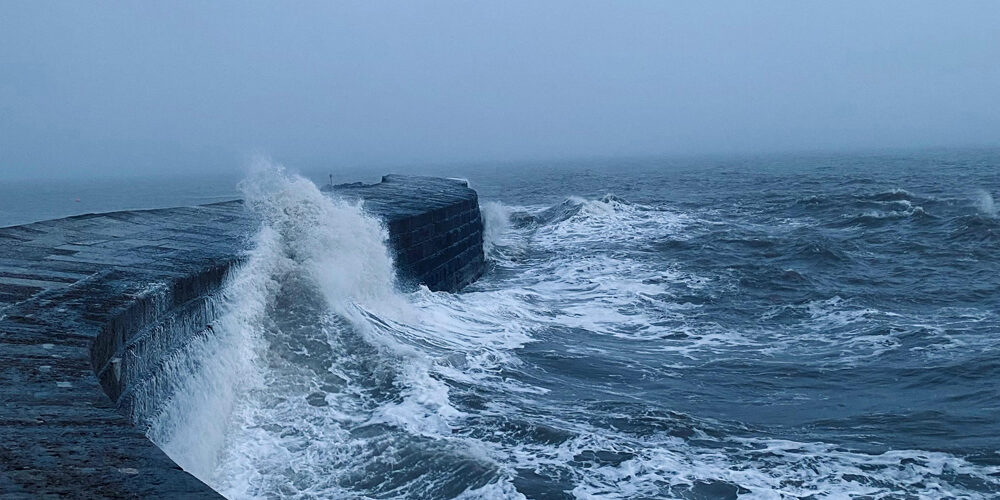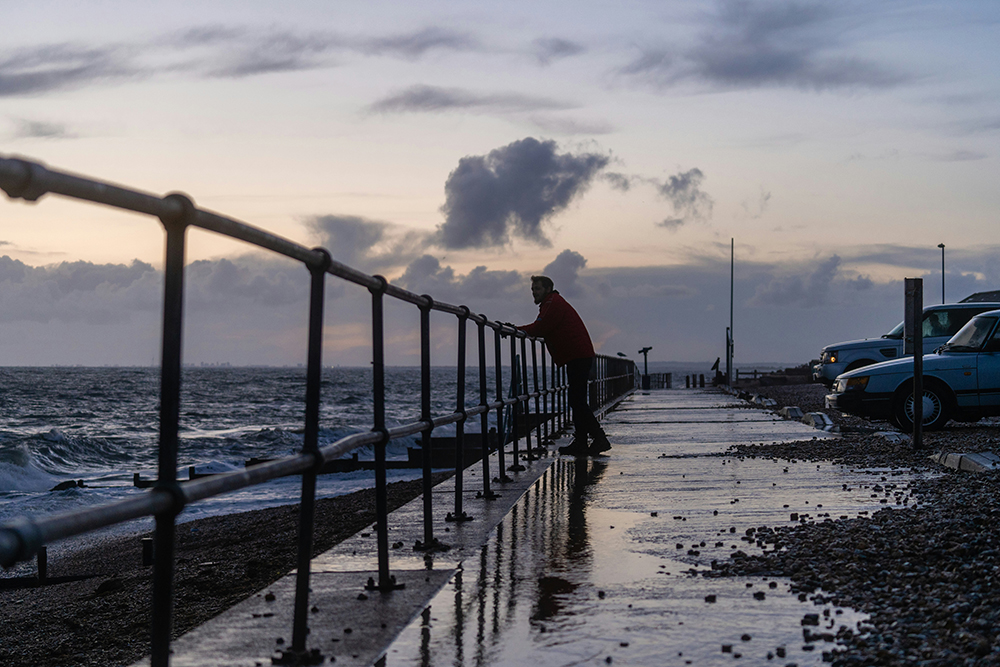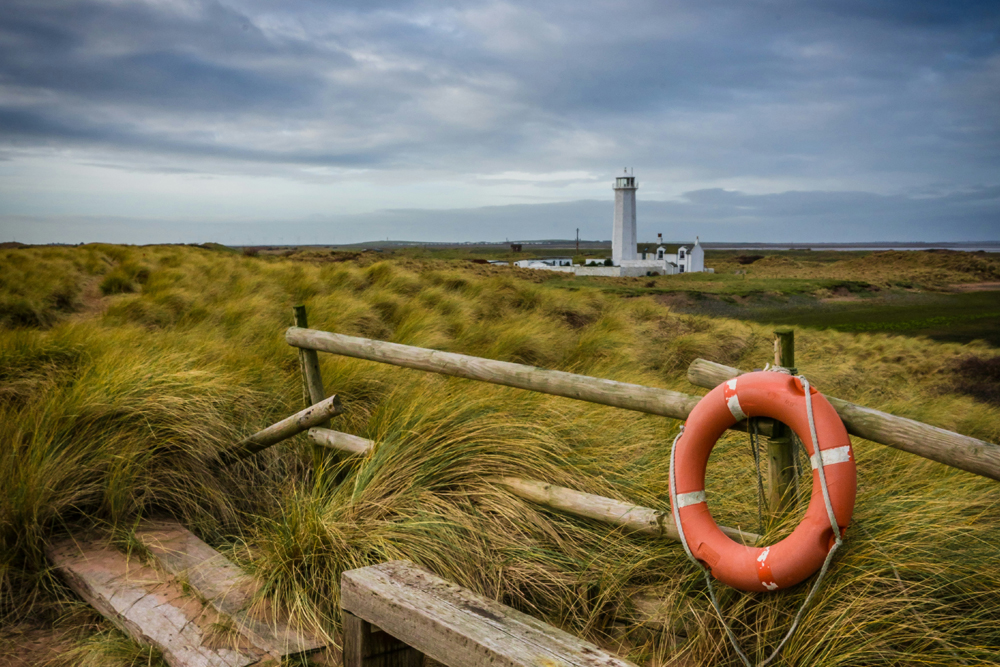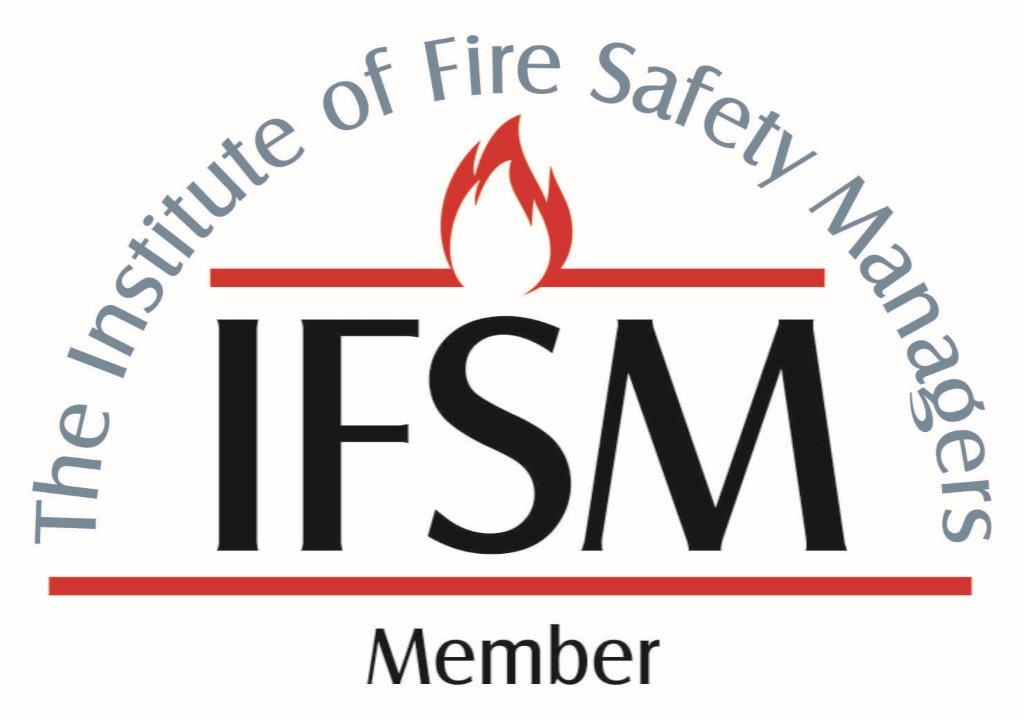
Staying safer in strong winds
Winter tends to be the time of year when we see more severe weather events hit the UK, which can lead to disruption, damage, and risk to safety.
In light of the very strong winds forecast to affect many parts of the country this coming weekend, in this article we look at five ways to help protect yourself and your property when weather warnings are in place.
1) Protect your property from damage
Look around the outside of your home for any items which could be impacted by strong winds, and move these indoors where possible, or secure them in place. Items could include:
- Bins, plant pots and decorative items
- Garden furniture and toys – even large trampolines can be easily blown around in strong winds
- Sheds and outbuildings – make sure doors and windows are closed and locked where possible
2) Before you make a journey
Strong winds can force delays for all types of transport. If you have to travel, make sure you prepare before journeys:
- Plan your route in advance and consider if any parts of the journey are likely to be more at risk of disruption. Think about alternative routes that might be safer
- Before you leave home, check for travel updates for any delays or road closures on the route you intend to take
- During your journey, tune into regional radio and listen out for travel updates. If you have sat nav, check this when it’s safe to do so
- Make sure you have essentials in your vehicle to help in case of any long delays. Include warm clothing, food, drink, blanket, and a torch. If you’re travelling in a remote area where there’s a greater risk you may be stuck for longer, keep this in mind when packing your essentials
- Ensure your mobile phone is fully charged before you leave home, and take an in-car charger or portable battery pack if you have one

3) Safer driving in strong winds
Driving is never risk-free, but the risks increase significantly in strong winds. If you cannot avoid driving in bad weather, you can do so more safely by:
- Drive more slowly to give yourself greater chance to react to the road ahead
- Be mindful of wind gusts and keep a firm hold on the steering wheel
- If you need to overtake, be especially cautious near high sided vehicles and caravans
- Leave extra room around more vulnerable road users such as pedestrians, cyclists and motorcyclists
4) Taking care in coastal areas
Coastal areas can often be most affected by windy and stormy conditions. If you live near or need to travel by the coast, following these tips can help to keep you safer:
- Check the forecasts and tides in your local area
- Keep well away from shorelines and avoid walking near cliffs
- Be mindful of the effect breaking waves may have on roads which run close to the shoreline
- In an emergency 999 (UK) or 112 (Ireland) and ask for the Coastguard

5) Being safer if you must be outdoors
The safest place to be in high winds is indoors, so only go outside if it’s essential. Being outdoors greatly increases the risk of injury.
If you have to go out, avoid walking or sheltering close to buildings and trees, beware of flying debris and stay extra vigilant. Try to limit being outside to daylight hours, when you’ll have better visibility of any hazards.
Remember, the easiest way of staying safe during stormy weather is to not go outdoors if you don’t have to, but if you must, we hope the information we’ve provided helps to keep you safe and well-prepared.











